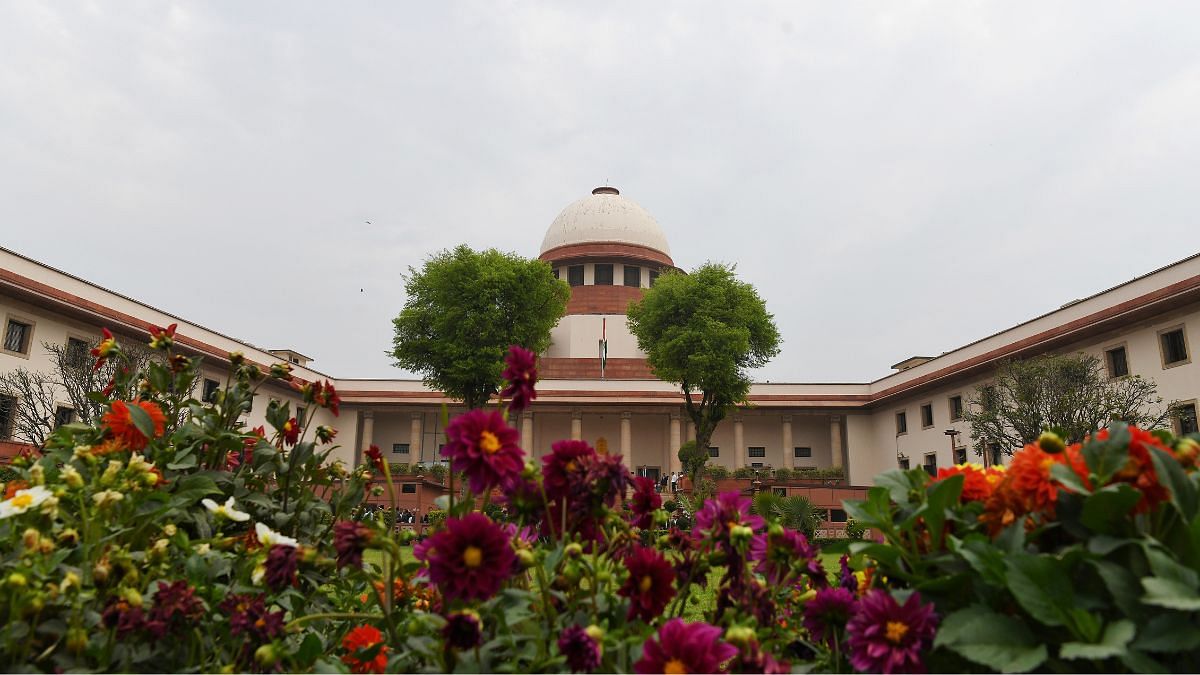Understanding the Right to Be Forgotten and Its Implications

Introduction to the Right to Be Forgotten
The Right to Be Forgotten is a legal framework that enables individuals to exert control over their personal data on the internet. This right allows for the deletion, de-linking, and correction of personal information that may be publicly disclosed.
Current Debates and Challenges
- The implications of privacy versus public interest.
- Different interpretations by various experts and courts.
- Impact on freedom of speech and information access.
Conclusion
As discussions around the Right to Be Forgotten continue, the legal landscape surrounding personal data will likely evolve. The ongoing scrutiny emphasizes the need for balance between an individual’s right to privacy and the public's right to information.
This article was prepared using information from open sources in accordance with the principles of Ethical Policy. The editorial team is not responsible for absolute accuracy, as it relies on data from the sources referenced.